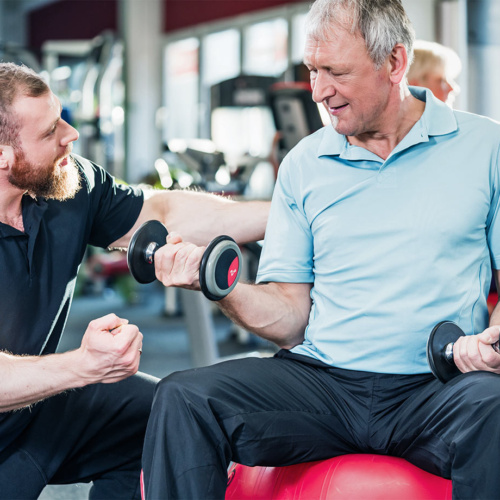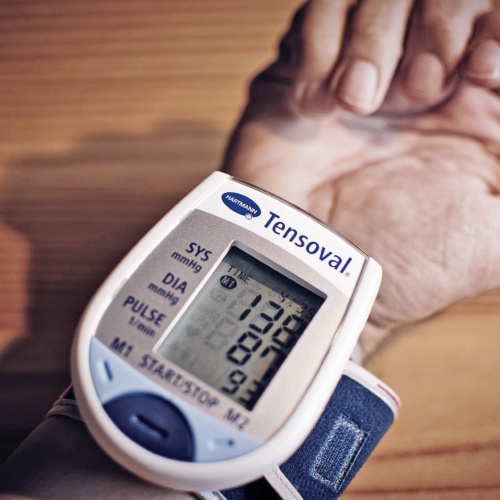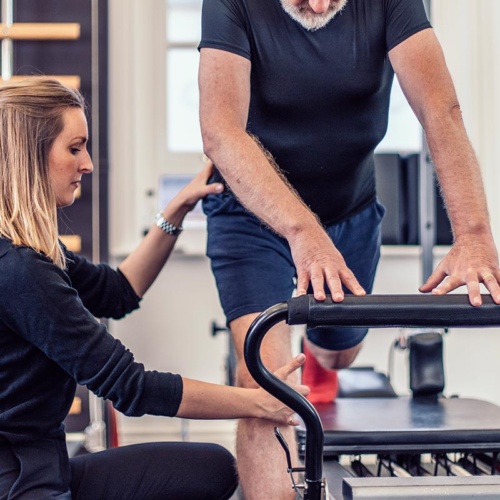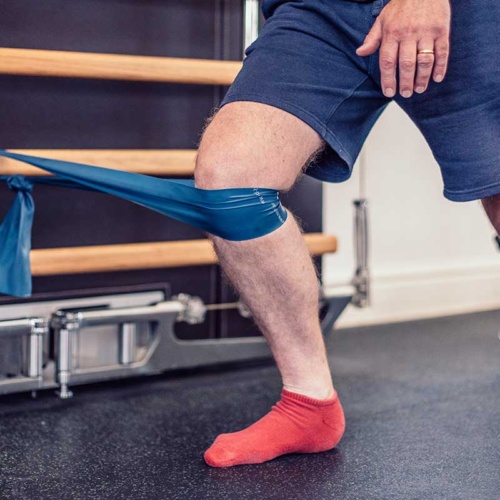September marks Vascular Disease Awareness Month. According to the British Heart Foundation, there are over 7.4 million people living with heart and circulatory diseases in the UK. There are an average of 22,000 weekly hospital admissions where a heart or circulatory disease is the main diagnosis, including 2,500 due to stroke and 2,000 due to a heart attack.
The four main types of cardiovascular disease (CVD)
1. Coronary heart disease
Coronary heart disease occurs when the oxygen rich blood flowing to the heart is reduced or becomes blocked – putting an increased strain on the heart.
2. Stroke and Transient ischaemic attack (TIA)
A stroke or TIA occurs when blood supply to the brain is stopped, or temporarily disrupted respectively.
3. Peripheral arterial disease
Peripheral arterial disease occurs when there is a blockage in the arteries to the limbs, most commonly the legs.
4. Aortic disease
Aortic diseases affect the aorta, which is the blood vessel which carries blood away from your heart to the rest of your body.
Coronavirus and vascular disease
The British Heart Foundation have created a chart showing the increased risk of death from coronavirus based on pre-existing underlying conditions below; with Coronary heart disease (CHD) being one of the most common pre-existing conditions for deaths involving coronavirus.
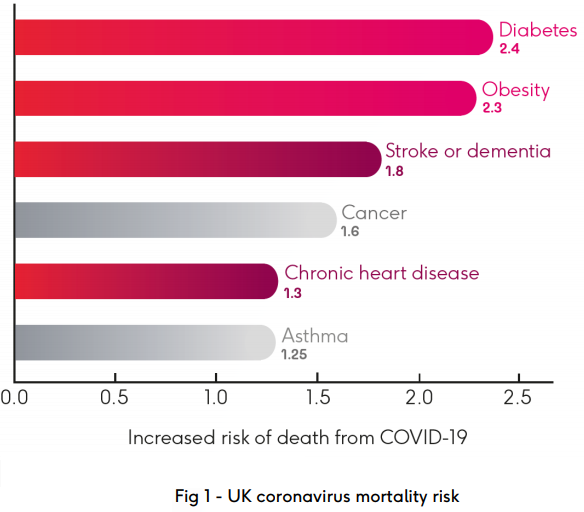
Can you prevent cardio vascular disease?
No, you cannot prevent it, but you can take steps to reduce your risk of getting it.
Risk factors
- Inactivity
- Diabetes
- Obesity
- High Blood Pressure
- High Cholesterol
- Genetic predisposition
- Age
- Gender
- Alcohol consumption
How to minimise your risk of being diagnosed with vascular disease
- Being active
- Eating a healthy, well balanced diet
- Observing portion control and not eating excessively
- Minimise alcohol consumption
How TenClinical can help if you are at risk, or have been diagnosed
If you think you are at risk of being diagnosed with vascular disease then book an appointment with us: ten.co.uk/clinical
We have specialist clinical trainers who can help regardless as to what stage you are at, whether pre-diagnosis, post-diagnosis or during treatment. Our trainers can work directly with your consultants, surgeons and doctors to optimise recovery and maximise your wellbeing.


